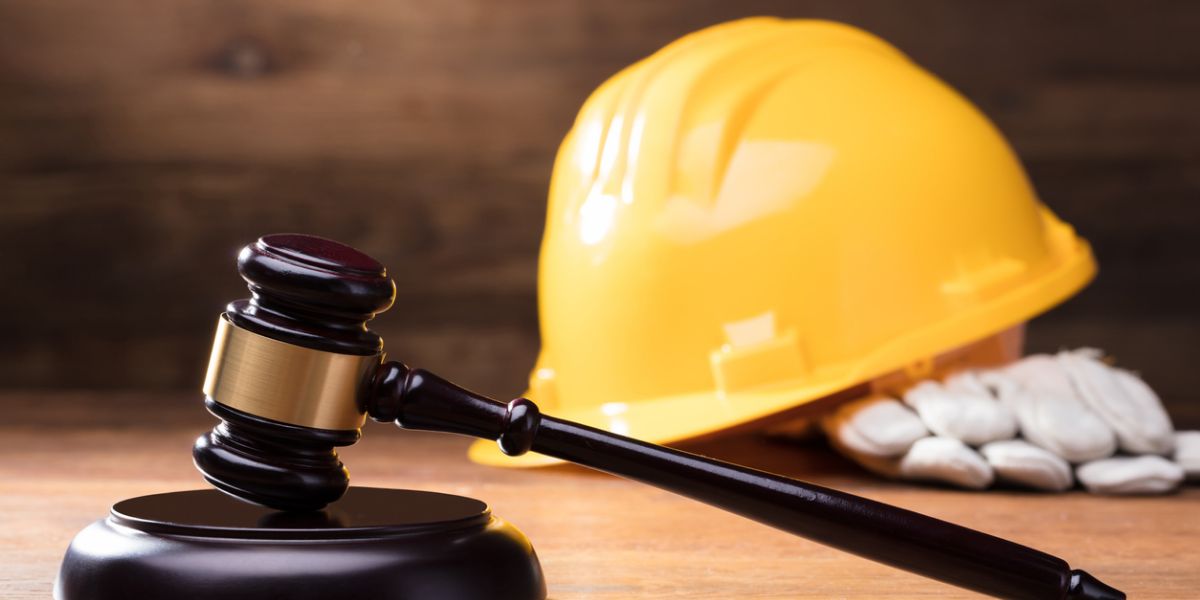With its temperate weather, Florida is home to year-round residential and commercial construction. With its constant schedule, it is no surprise that for any given project, there are multiple parties that make up this massive industry. Contractors, subcontractors, laborers, owners, and third-party entities such as local municipalities and investors all have a role with legal implications for any construction project. With the diverse body of people and entities, rules and regulations are needed. Construction law helps everyone involved know the rules when it comes to how a building project must be completed, and who is liable if the project does not go as planned. Various laws and regulations in the construction industry govern the design, building, and maintenance of structures, such as residential and commercial buildings, as well as other projects including roads, bridges, and other infrastructure. The location of the project is also subject to local zoning regulations. Building codes and environmental laws add another layer of complexity to how—and in what manner—the construction project can be completed.
Because localities can be subject to different laws, as well as state—and even federal—laws, it is no surprise that construction law is complex and typically requires the expertise of attorneys who have successfully represented clients in construction cases. Though it may be beneficial to have an attorney review any contract prior to any construction project, whether it involves an individual, business, or public entity, there are many other times during a project when issues may arise. Many times, legal advice from elite construction lawyers like those at Clayton Trial Lawyers can provide the answers to difficult construction law questions.
Below are several situations in which it would be beneficial to consult with an experienced construction law attorney.
Situations Where You Should Consider Hiring a Construction Attorney
- Contract disputes: If you are involved in a disagreement with a contractor, subcontractor, or owner over the terms of a contract, an attorney can not only help you understand your rights and options but represent your demands as needed to resolve a legal dispute.
- Payment disputes: In a perfect world, every player involved in the construction project should be paid what they are owed. However, this principle does not always reign supreme in the large and complex industry of construction. If you have not been paid, or are not being paid for work you have completed for a construction project, you will likely need an attorney to represent your interests. An attorney can make a demand on your behalf or file a lawsuit against the party who owes you money.
- Construction defects: Whether it be a dream house or a commercial project, building defects and construction defects happen. In the event that you experience structural defects at any point during a construction project, even after it has been completed, you might consider contacting an attorney to review your contract, building plans, and any evidence related to the defect.
- Zoning and permitting: Local laws dictate how locations are zoned and what permits are needed and granted by local and state governments. If you have been unable to obtain the necessary permits and approvals for a construction project, a construction attorney can review your project and navigate the next steps so that you can complete the permit and zoning requirements to resume the project.
- Liens: Sometimes, a contractor or subcontractor can place a lien on the property if they are not being paid. If you are a contractor or subcontractor who has not been paid, a construction attorney can help you place a lien on the property to help secure your financial position.
- Litigation: Construction disputes are not always resolved by notifying another party of an intent to litigate a construction issue, or by issuing a demand letter. A construction attorney can represent you in court so that you have an outcome that is favorable and just.
- Compliance with laws and regulations: With such a multifaceted industry full of specializations, it can be difficult to comply with all the applicable laws and regulations. A construction law attorney can advise you on all the relevant legal requirements and help you stay compliant with all state and federal laws, so you do not have to face subsequent legal issues.
Overall, it’s important to seek the advice of an experienced south Florida construction law attorney as soon as any construction law problem arises in order to protect your legal rights and avoid potential complications that could compromise your case.

